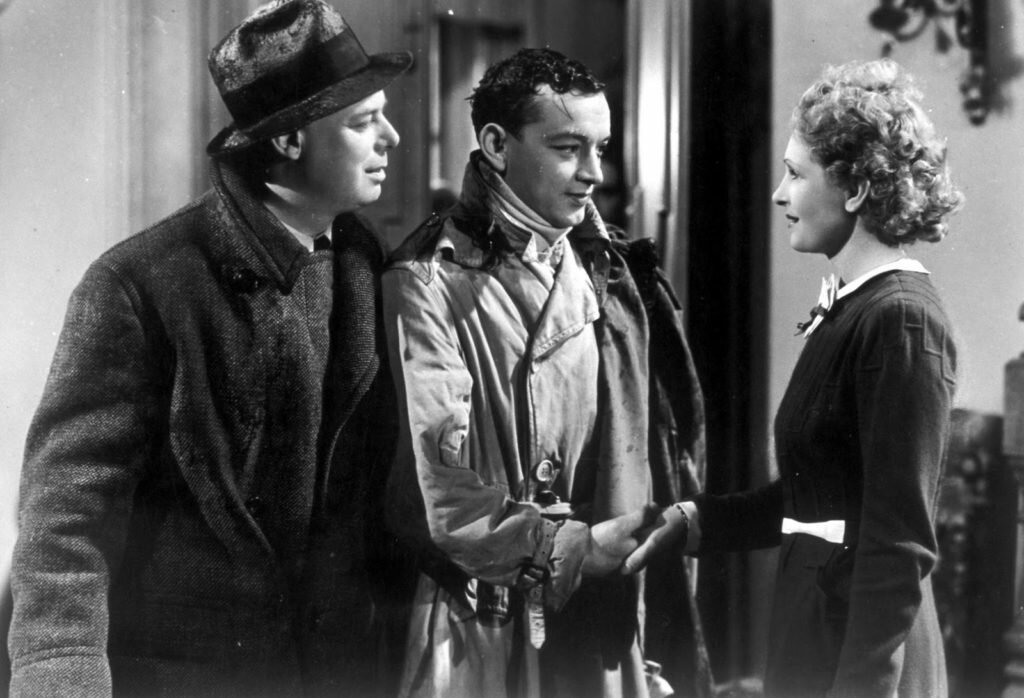 Being sick loosens the customary strictures of my TV ethos. Normally, oppressed by my needs to maximize efficiency and minimize shame, I mostly try to watch things I haven’t seen before and things that aren’t total garbage. But six days on the sofa with the flu lends license to revisit old things and wallow in crap.
Being sick loosens the customary strictures of my TV ethos. Normally, oppressed by my needs to maximize efficiency and minimize shame, I mostly try to watch things I haven’t seen before and things that aren’t total garbage. But six days on the sofa with the flu lends license to revisit old things and wallow in crap.
In addition to random episodes of various television shows, a Green Bay Packers playoff game, a Crimson Tide championship game, the Golden Globe Awards where Meryl Streep talked about how we need to protect journalists and insulted MMA, and dunes of additional flotsam (I discovered my Apple TV can stream every Simpsons episode ever, which is good to know), here’s some of what I can remember watching in living DayQuil-vision over the last week.
Once Upon a Honeymoon, Leo McCarey (1942). Carey Grant and Ginger Rogers try to conduct a playful romantic comedy amongst the Nazi intrigues leading up to WWII. Featuring a scene where they’re mistaken for Jews and confined to the Warsaw ghetto. One of the most schizophrenic movies I’ve ever seen.
Being There, Hal Ashby (1979). Revisited for obvious reasons. Ashby, working off a script byJerzy Kosiński, posits that a complete idiot uncomprehendingly reciting snippets of TV advertisements could rise to political power, but he doesn’t quite dare to get Chauncey Gardiner all the way into the Oval Office, he just hints at the possibility. Outrageous satire then, business as usual now.
Caddyshack, Harold Ramis (1980). This amused me less than I thought it would. I didn’t remember how much of the comedy turned on sexism. The Chevy Chase character has held up better than the Bill Murray character, I think.
High Fidelity, Stephen Frears (2000). This wasn’t as fun as I remembered, either, and for sort of similar reasons. The movie proposes the girls as existing only to thwart or satisfy the boys. The boys are the only characters whose problems actually matter, and they’re all a bunch of assholes. It was fun seeing all the posters in the record store, though. The Silos! God. The year 2000 was a lot of years ago all of a sudden! Amazing how little consciousness of hip hop these boys have.
Rushmore, Wes Anderson (1998). Very nice, but really all I can think about it what a quantum leap it was from this to The Royal Tenenbaums (2001), which is so infinitely better.
His Kind of Woman, John Farrow (1951). Uneven and claustrophobic romance/noir suffered a lot of production problems and it shows. But I’d watch Robert Mitchum and Jane Russell hang wallpaper, and Vincent Price is a hoot.
The Hateful Eight, Quentin Tarantino (2015). You know, I got about eight hateful minutes into this and turned it off. It’s just boring. Probably unfair.
Blue Velvet, David Lynch (1986). Hasn’t lost an ounce of weirdness in thirty years. You can’t imagine it being made today. There’s something so frank (forgive me) about its presentation of depravity. It doesn’t wink at itself, or us; it doesn’t say, “Ooh, look how naughty and outré I am.” It’s just like: Look at this.
The Secret Rules of Modern Living: Algorithms, David Briggs (2015). Notice how both this documentary and the article I mention below mention “secret rules.” I’ve been abstractly terrified of the Internet for some time now; since the election it’s not very abstract. (I squarely blame the Trump presidency on the Internet, period.) I came across this documentary on Netflix and I’m glad I watched it. Math has never been my strong suit, but the cheerful Oxford don explains algorithms in terms even I could understand, and I feel I have a glancing knowledge now of how, for instance, Google search works. Pretty fascinating.
“The Secret Rules of the Internet,” Catherine Buni and Soraya Chemaly (2016). I so wish we had Orwell with us to see what is happening to the nature of public discourse. This article really got me thinking about how we’ve increasingly ceded authority and standards for truth to the radical flatness of the Internet, where information moves because of money and/or ideological agenda, and the truth is completely optional. Meryl Streep was right; we need to support real journalists now more than ever.
 A dangerous discovery: The University library has the entire Criterion Collection available to stream. Suddenly these quiet summer afternoons in the office seem like golden opportunities to revisit old favorites.
A dangerous discovery: The University library has the entire Criterion Collection available to stream. Suddenly these quiet summer afternoons in the office seem like golden opportunities to revisit old favorites.
 Being sick loosens the customary strictures of my TV ethos. Normally, oppressed by my needs to maximize efficiency and minimize shame, I mostly try to watch things I haven’t seen before and things that aren’t total garbage. But six days on the sofa with the flu lends license to revisit old things and wallow in crap.
Being sick loosens the customary strictures of my TV ethos. Normally, oppressed by my needs to maximize efficiency and minimize shame, I mostly try to watch things I haven’t seen before and things that aren’t total garbage. But six days on the sofa with the flu lends license to revisit old things and wallow in crap.